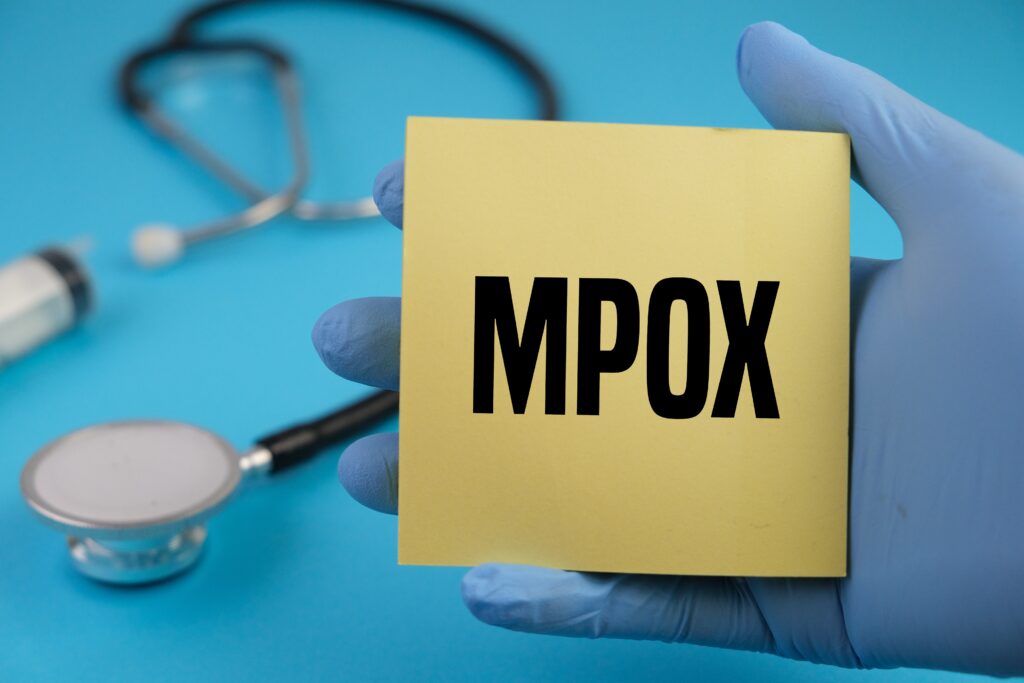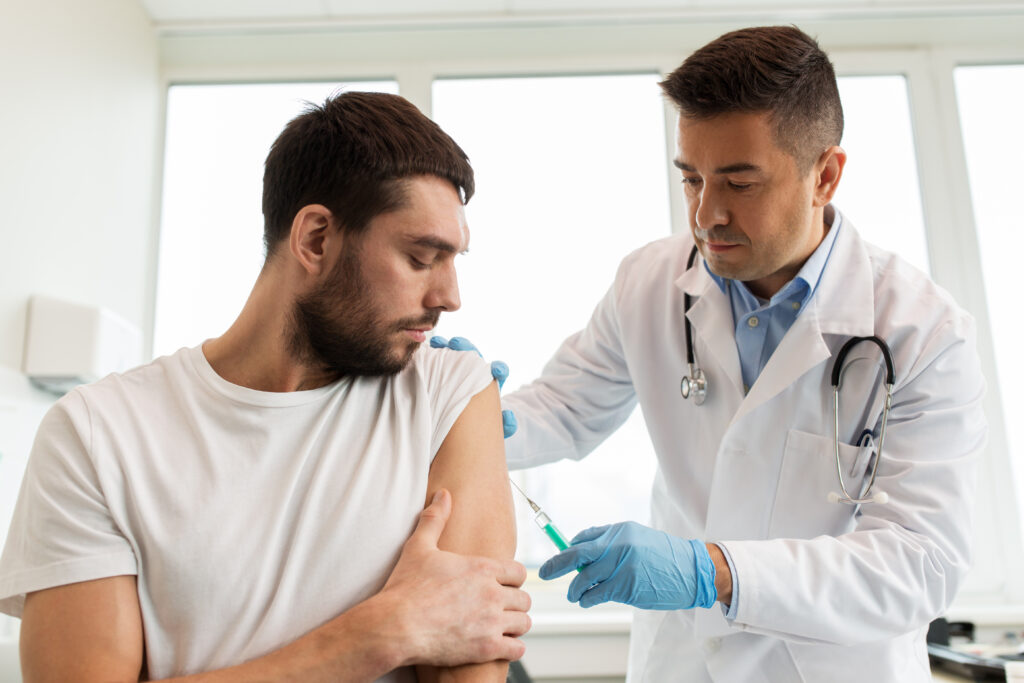
What You Need to Know About Mpox and the WHO Warning
Dr. George Forgan-Smith tells us on how we can prepare for and protect ourselves from Mpox as the World Health Organization proclaims it a public health emergency of international concern.
On August 14th WHO Director-General Dr Tedros Adhanom Ghebreyesus announced that the upsurge of mpox in the Democratic Republic of the Congo (DRC) and surrounding countries in Africa constitutes a public health emergency of international concern (PHEIC).
According to a press release from the WHO: “The emergence last year and rapid spread of a new virus strain in DRC, clade 1b, which appears to be spreading mainly through sexual networks, and its detection in countries neighbouring the DRC is especially concerning, and one of the main reasons for the declaration of the PHEIC…In the past month, over 100 laboratory-confirmed cases of clade 1b have been reported in four countries… that have not reported mpox before: Burundi, Kenya, Rwanda and Uganda. Experts believe the true number of cases to be higher as a large proportion of clinically compatible cases have not been tested.”
According to the CDC, there are only two known types of the monkeypox virus: Clade I which can cause severe illness and death (killing up to 10% of those infected), endemic to Central Africa and Clade II (the type that caused the global outbreak in 2022) which is less severe, 99.9% survivable and endemic to Western Africa.
Being an offshoot of Clade I, the Clade 1b strain of Mpox spreading from the DRC is a major cause of concern for the queer community in light of the 2022 outbreak and the potential severity of the symptoms and death associated with this strain of the virus.
Dr. George tells us: “The reason that the WHO has declared Mpox a public health emergency is that we are seeing a rapid rise of Mpox. Primarily it had been just within Africa, but we have seen a new strain of Mpox leave the region. There have been cases reported in Sweden recently and in Thailand. This new strain is called Clade 1B….Clade 1 is not only more transmissible but more severe and it can be deadly in people that are immunocompromised, who have not been vaccinated or people who are elderly or unwell.”
The WHO are particularly concerned because there is still not enough of the vaccine available to protect all of the people in the world, so the potential is there for the virus to spread pretty quickly.
Our number one aim in the LGBTQ+ and kinkster community should be for everyone to get two doses of the Mpox vaccine” Dr. George explains. “There is no indication for the need of boosters at this point. We know that two doses of the vaccine have proven to be highly helpful not only for Clade II, but Clade I as well according to WHO and CDC data.”
So, to speak plainly, those of us who got the two doses of the JYNNEOS vaccine in 2022 should be covered. However, please note just because you are vaccinated that DOES NOT MEAN YOU CANNOT BECOME INFECTED.
“A lot of people are mistakenly believing that if they’ve had two shots of the vaccine that they cannot get infected” George warns. “This is not true. I have diagnosed two cases this week and these are people who had two shots of the vaccine. Generally, the symptoms should be less severe. However, I’ve seen very mild symptoms all the way through to very severe symptoms.”
Mpox, according to the CDC, is spread from close contact with an infected person or direct contact with contaminated materials or animals since this virus is zoonotic (spread between people and animals). Obviously in the US and abroad Mpox has been spread through sexual contact, especially within communities of men who have sex with men, bisexuals, kinksters and those who are more sexually adventurous; so if you fall into any of those categories, please be aware and get vaccinated if you have not done so already.
With respect to signs and symptoms Dr George says: “We need to be on the lookout for any rash on the genitals or around the mouth that have little bubbles on it. We call these vesicles. The classic case looks like a biggish, white pimple that has a little black belly button.”

But that’s not all to look out for “I am seeing it present in many different ways and that includes what I initially thought were anal fissures, but upon swabbing turned out to be Mpox. So I would urge the community to be on the lookout for any unusual rash that is uncomfortable or sore. It is really important that you go and see your doctor and get it swabbed. If you have a rash, please do not have sex until it has been defined.”
“If the swab does come back positive for Mpox it is very important that you do not have anal sex, or sex where the rash was until it is healed” George advises. “But even then, with anal sex, for example, you need to use condoms as an additional layer of protection for 12 weeks after that because there can still be a residual reservoir of virus.”
So to recap and bottom line how we should respond to the recent uptick of Mpox infections: sexually active members of the LGBTQ+ and kinkster communities should look into obtaining two doses of the JYNNEOS vaccine if the have not done so already, no booster shots are needed beyond the initial two doses of the JYNNEOS vaccine, vaccination does not guarantee immunity from infection but it should reduce the severity, and any rashes or sores you discover on your person should be identified by a swab from a medical professional in order to help curb the spread.

Dr. George Forgan- Smith is an expert in gay men’s health dedicated to the bear, leather and kink communities which he serves faithfully in Melbourne, Australia. In addition to working at the Collins Street Medical Centre and creating tons of educational content for his social media accounts (links below), he is the creator of The Healthy Bear website which he uses to share vital health information pertaining to and about our community.
Stay in touch with Dr George and up to date on the latest in gay men’s health by signing up to his mailing list HERE.
Follow Dr. George on social media: Twitter I Instagram I YouTube
***Disclaimer: You must not rely on the information on this website as an alternative to medical advice from your doctor or other professional healthcare provider. If you have any specific questions about any medical matter you should consult your doctor or other professional healthcare provider. If you think you may be suffering from any medical condition you should seek immediate medical attention. You should never delay seeking medical advice, disregard medical advice, or discontinue medical treatment because of information on this website.











